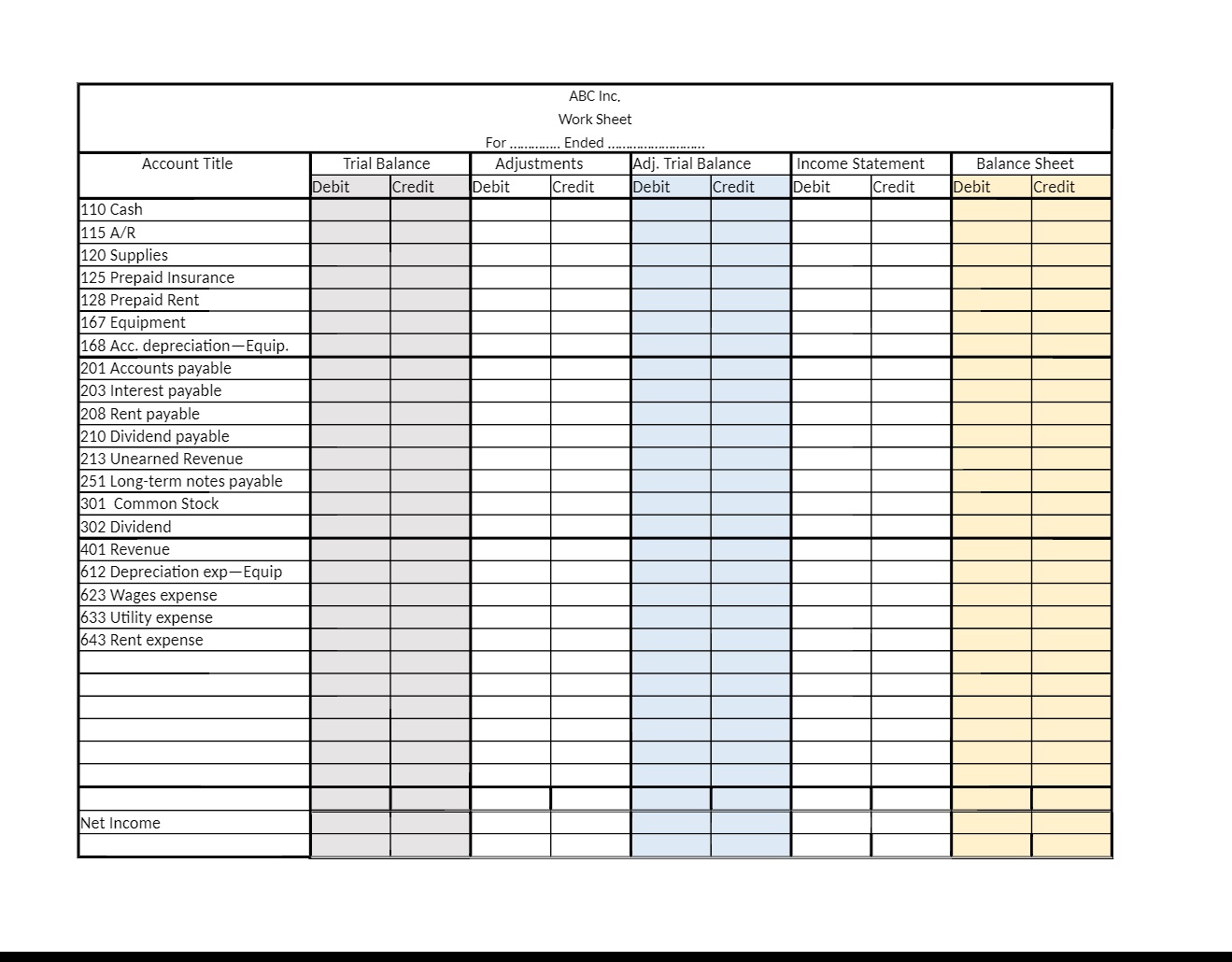Home>Finance>Lilly Ledbetter Fair Pay Act: Definition, History, Impact


Finance
Lilly Ledbetter Fair Pay Act: Definition, History, Impact
Published: December 18, 2023
Learn about the Lilly Ledbetter Fair Pay Act and its impact on finance. Discover its definition, history, and significance in promoting equal pay.
(Many of the links in this article redirect to a specific reviewed product. Your purchase of these products through affiliate links helps to generate commission for LiveWell, at no extra cost. Learn more)
The Lilly Ledbetter Fair Pay Act: Definition, History, Impact
When it comes to ensuring fair and equal pay for women in the workplace, the Lilly Ledbetter Fair Pay Act has played a significant role. This landmark legislation, signed into law by President Barack Obama in 2009, aimed to address the wage gap and promote gender equality in employment. In this blog post, we will dive into the definition, history, and impact of the Lilly Ledbetter Fair Pay Act.
Key Takeaways
- The Lilly Ledbetter Fair Pay Act was intended to address pay discrimination based on gender.
- It extended the time limit for filing pay discrimination claims, allowing victims to seek legal remedies.
Defining the Lilly Ledbetter Fair Pay Act
The Lilly Ledbetter Fair Pay Act is named after Lilly Ledbetter, a former employee of Goodyear Tire & Rubber Company, who sued her employer after discovering that she had been paid significantly less than her male counterparts for years. This act amended the Civil Rights Act of 1964 and served as a response to the Supreme Court’s decision in Ledbetter v. Goodyear, which had set a strict time frame for filing pay discrimination claims.
With the passage of the Act, Congress made it clear that discrimination in wages based on gender is illegal, and it clarified that each discriminatory paycheck resets the clock for filing a claim. This means that victims can seek legal remedies within 180 days of receiving a discriminatory paycheck, ensuring that they have a fair chance to address pay disparities.
History of the Lilly Ledbetter Fair Pay Act
The journey towards the passage of the Lilly Ledbetter Fair Pay Act was not easy. Lilly Ledbetter herself fought for years to rectify the pay inequities she faced at Goodyear. After losing her case in the Supreme Court, Ledbetter tirelessly advocated for change and brought attention to the issue of gender pay discrimination.
Her efforts bore fruit when President Barack Obama signed the Act into law on January 29, 2009, as one of his first acts in office. This significant legislation demonstrated the commitment of the Obama administration to addressing gender inequality in the workplace and promoting fair pay for all.
The Impact of the Lilly Ledbetter Fair Pay Act
The impact of the Lilly Ledbetter Fair Pay Act has been far-reaching. It has raised awareness about pay disparities based on gender and ensured that victims have a fair opportunity to seek justice. By allowing individuals to file claims within 180 days of receiving a discriminatory paycheck, the Act has extended the statute of limitations, providing a necessary legal recourse.
Furthermore, the Lilly Ledbetter Fair Pay Act has inspired additional efforts to address pay inequality and promote gender equality in employment. It has sparked conversations surrounding fair pay and prompted companies to evaluate their practices and policies to ensure equitable compensation for all employees.
In conclusion, the Lilly Ledbetter Fair Pay Act has played a critical role in the fight against gender pay discrimination. Its passage has brought attention to this issue, extended the window of opportunity for victims to file claims, and inspired further efforts towards achieving equal pay for all.














